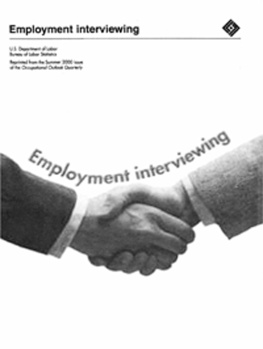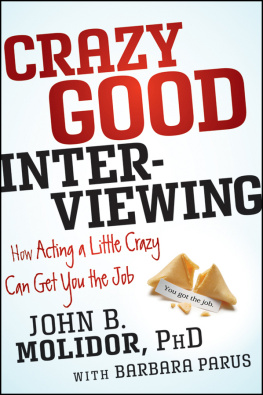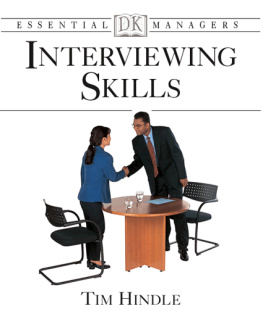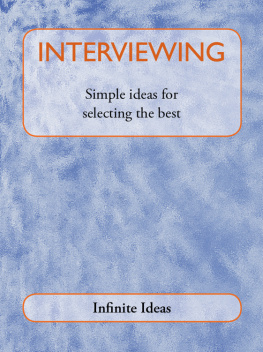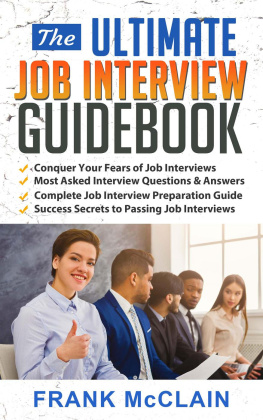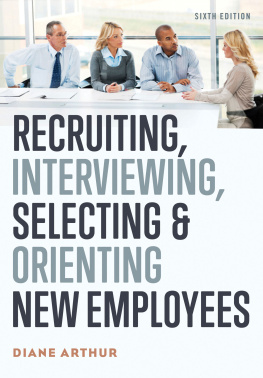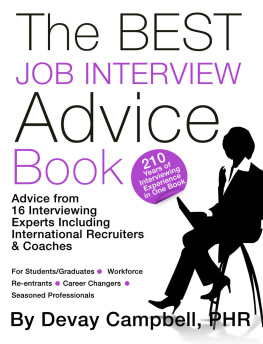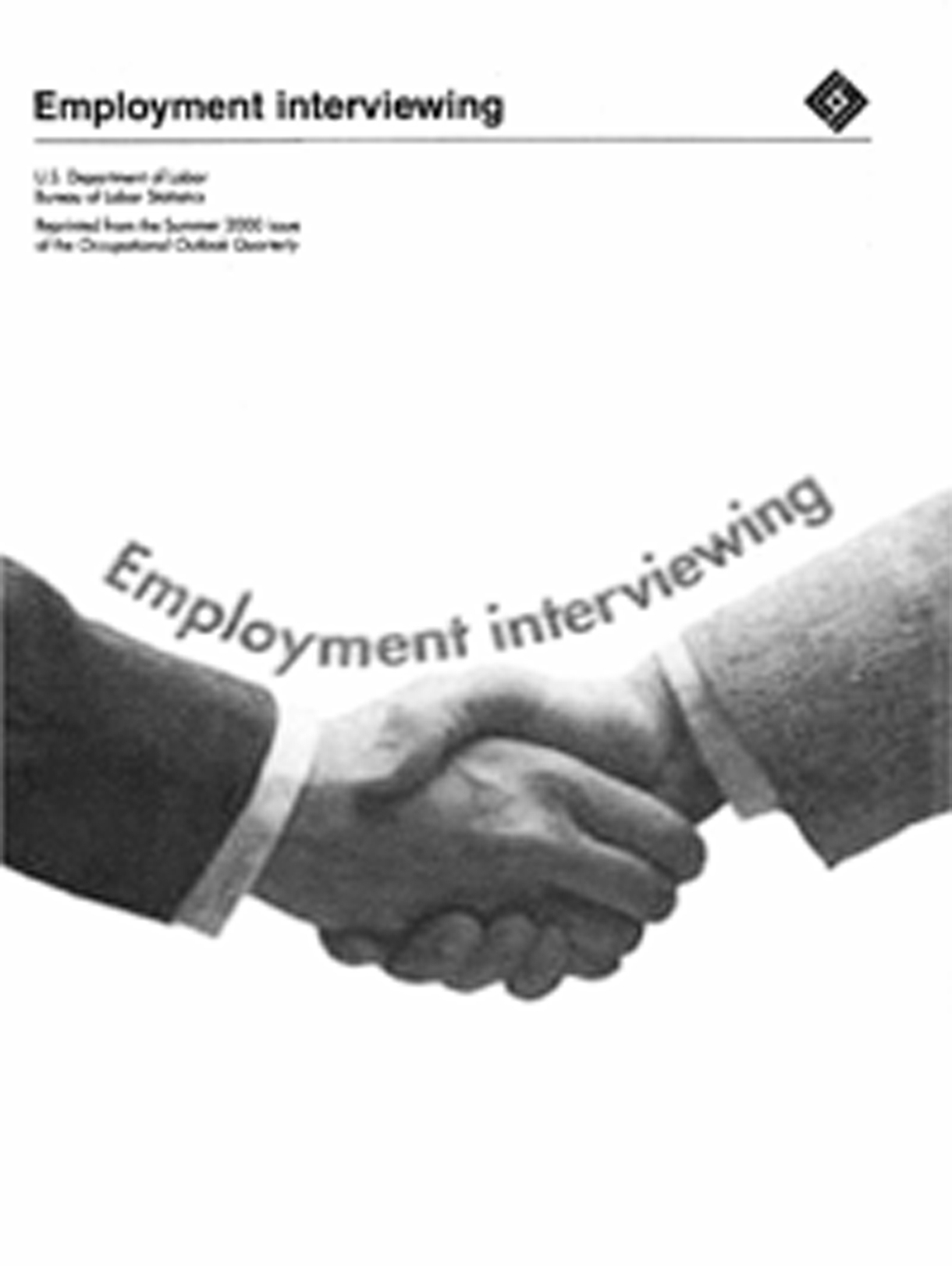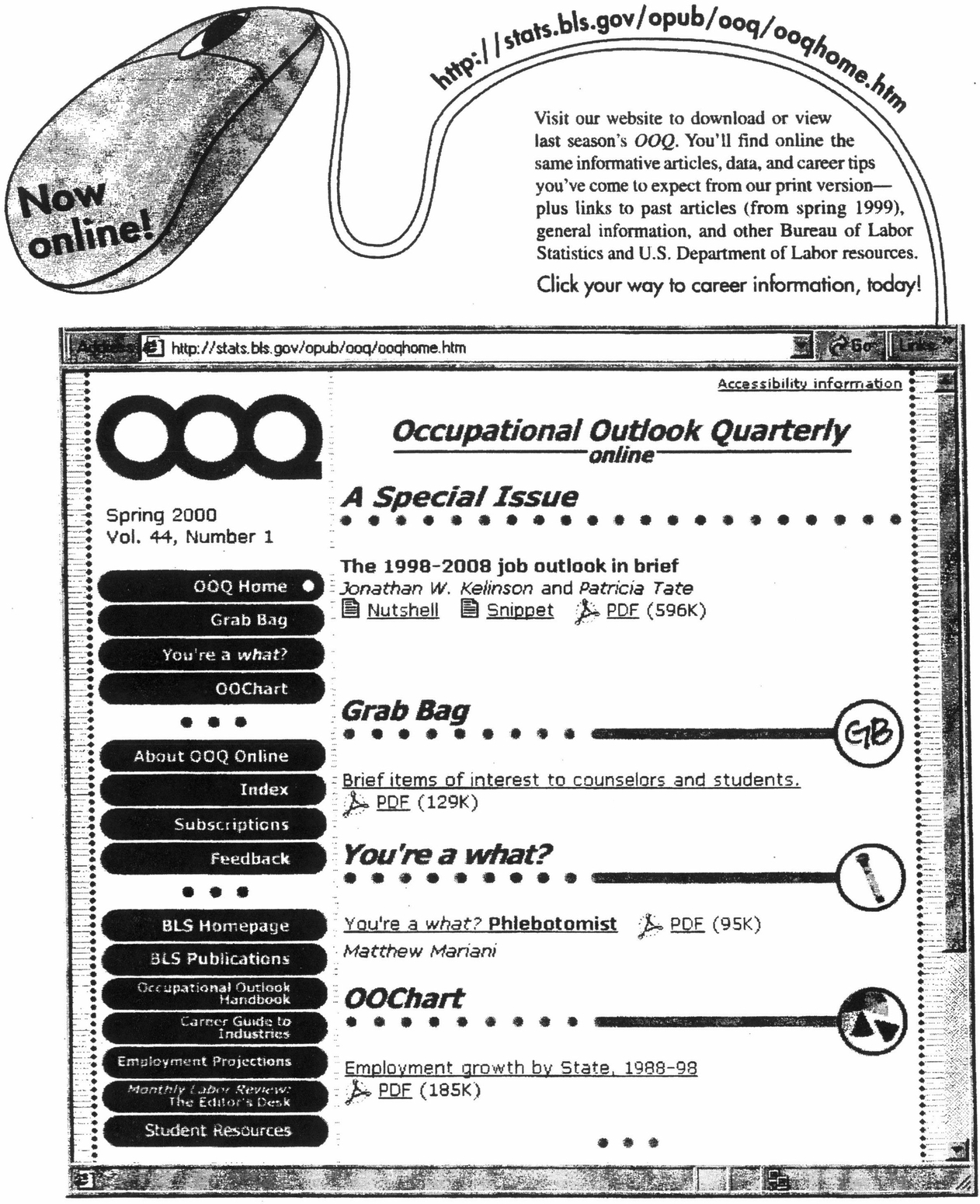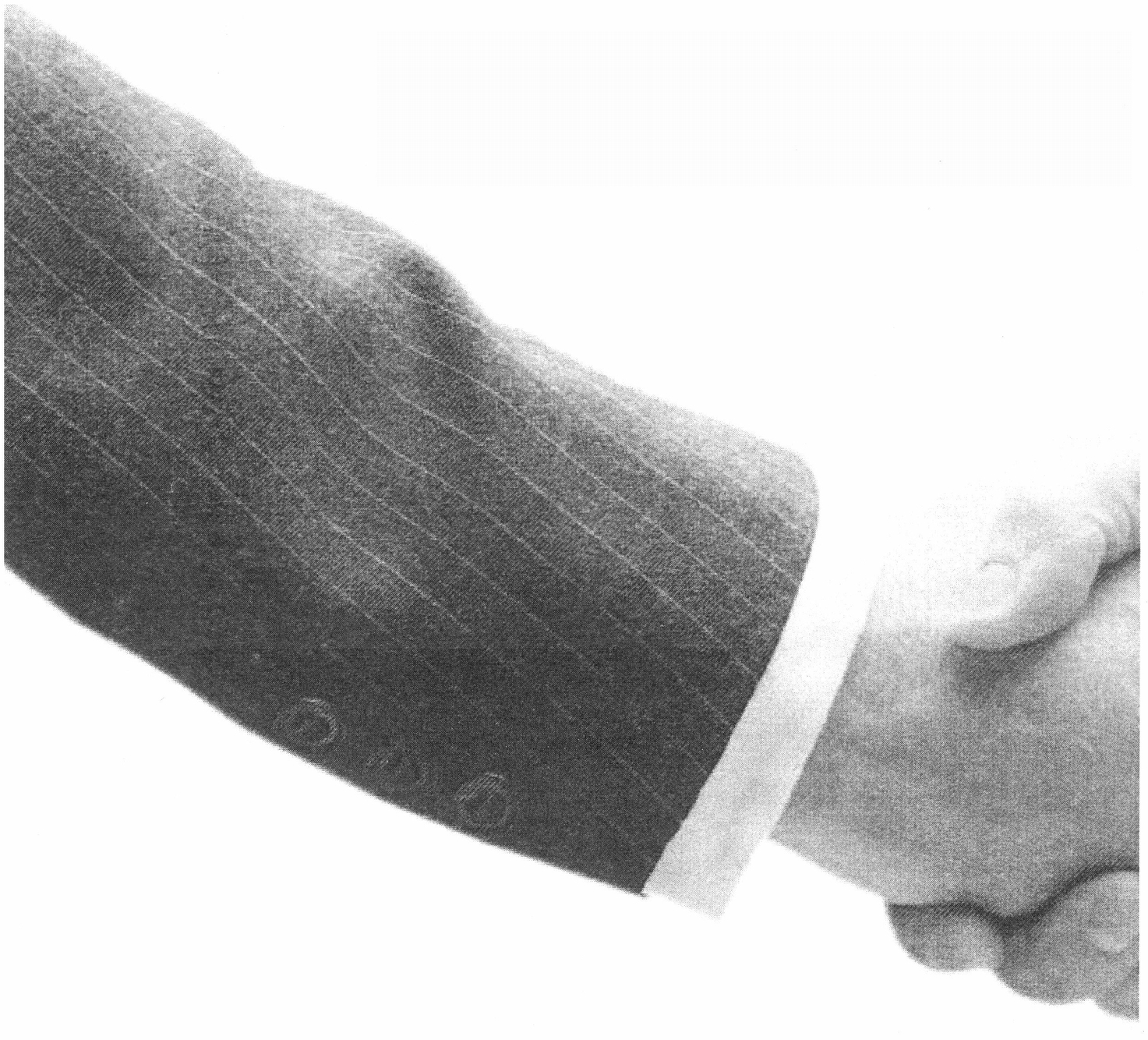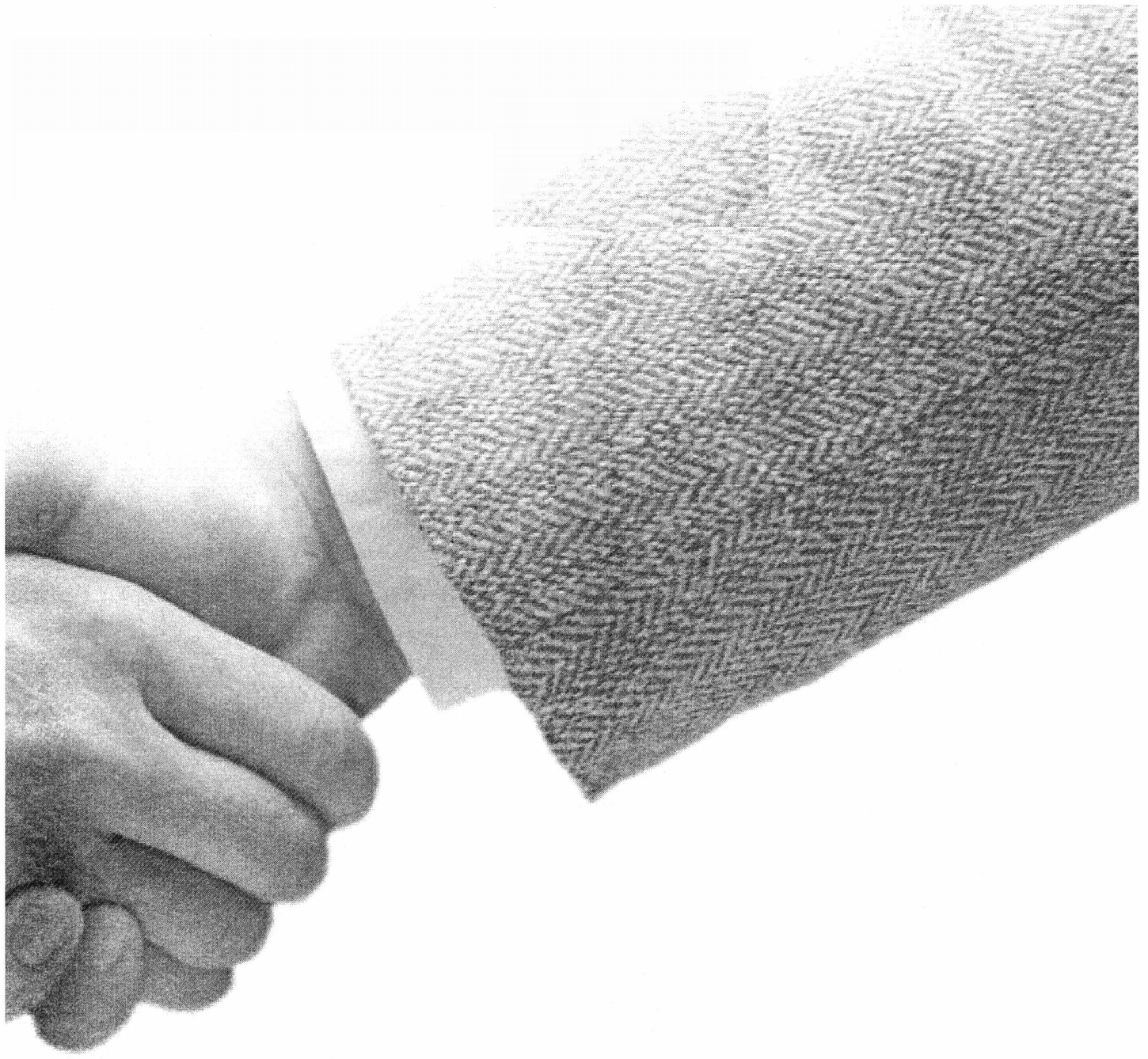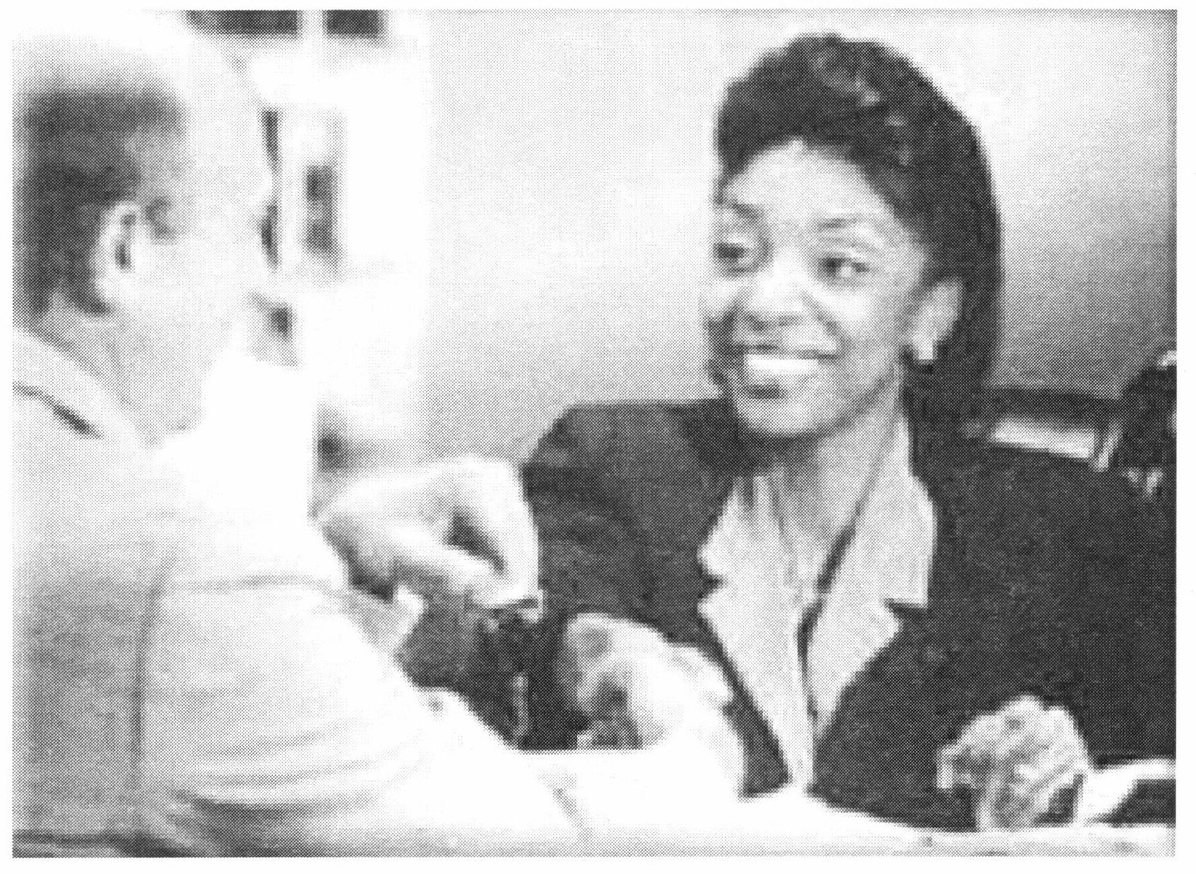I nterviewing is the most stressful part of the job search for many people. But it doesnt have to be. Interviews are an opportunity to show you are an enthusiastic worker who would do a job well.
You can make the most of that opportunity by being prepared, presenting a professional demeanor, and describing your qualifications well.
Olivia Crosby is a contributing editor to the OOQ, (202) 691-5716.
There are many types of interviews: screening interviews, designed to whittle the applicant pool; longer second and third interviews, intended to help employers make final selections; and telephone and video conferencing interviews, arranged to capitalize on available technology.
Although these interviews often have different purposes, they all require basic interviewing skills. Read on for advice about what to do before, during, and after a job interview. The sidebar on page 17 discusses ways to enlist good references, and the special feature on page 19 offers tips about job fairs.
Preparation
Career counselors say a good job interview starts well before the jobseeker and interviewer meet. Preparation can be as important as the interview itself. Researching, practicing, and dressing appropriately are the first steps to making the most of a job interview.
Research. One of the best, but most frequently overlooked, ways to demonstrate enthusiasm for a job is to research both the company and the position for which you are being interviewed. Employers say they are impressed by well-informed jobseekers.
Before arriving for an interview, you should know what the company does, how large it is, any recent changes it has undergone, and what role you could play in its organization. Try to learn about the companys goals and values. With these facts, you can show how your qualifications match the companys needs.
The company itself is often the easiest place to start your search. Many businesses fill their websites with information tailored to jobseekers. These sites often include a history of the company and a description of its products and customers. And many companies human resources departments will send recruiting information if you request it.
Public libraries and career centers also have valuable information about employers, including companies annual reports to shareholders, reports kept by local chambers of commerce, trade journals, and business indexes, such as Hoovers Business Index and Dun and Bradstreet.
Practice describing yourself. Another important step in preparing for a job interview is to practice describing your professional characteristics. Think of examples from past jobs, schoolwork, and activities to illustrate important skills. Recalling accomplishments beforehand, when you dont have to respond under interview pressure, will strengthen your answers during the actual event.
Every interview will be different, and there may always be surprising questions. Nevertheless, interviewers suggest rehearsing with a career counselor or friend to gain confidence and poise. As a starting point, try to respond aloud to the following:
- How would you describe yourself?
- What did you like most about your last job?
- What types of courses do you enjoy most?
- Why should I select you over other applicants?
- What are your greatest strengths and weaknesses?
- What are your hobbies?
- Tell me more about the project you described on your rsum.
- Describe a work or school-related problem and how you solved it.
- Tell me about a time you worked as part of a team.
- What are your short-term goals?
- Why do you want to work in this occupation and for this company?
Each question gives you an opportunity to illustrate your favorable characteristics. When responding, focus on subjects related to the job. For example, if asked to describe yourself, talk about your professional characteristics and background, not your personal life.
Some questionssuch as those about hobbies or interestsmay seem irrelevant. Interviewers ask these types of questions to learn about your personality and test your interpersonal skills. In addition, answering questions about your hobbies or interests allows you to highlight some of your other strengths. Participating in a sport might demonstrate teamwork; ability in a craft, such as needlepoint, shows an attention to detail.
Make your first impression a good one by greeting the interviewer with a smile, a firm handshake, and direct eye contact.
Career centers and libraries have many books with additional questions and possible answers. The goal is not to memorize responses to these questions but to become comfortable speaking about yourself, your training and experience, and your career goals. Responding to interview questions should not sound as if you are reciting a script.
Whatever the question, be ready to accentuate the positive. The interviewer might ask for a weakness or failure; choose one that does not affect your ability to do the job, or describe a shortcoming you are working to overcome. For example, if interviewing for an entry-level job, cite your lack of paid experience. If there are weaknesses evident on your resume or transcript, such as being fired from a job or receiving poor grades, rehearse an explanation before the interview in case you are asked about them. Focus on what you learned from the experience, being careful never to criticize a previous employer or coworker.

